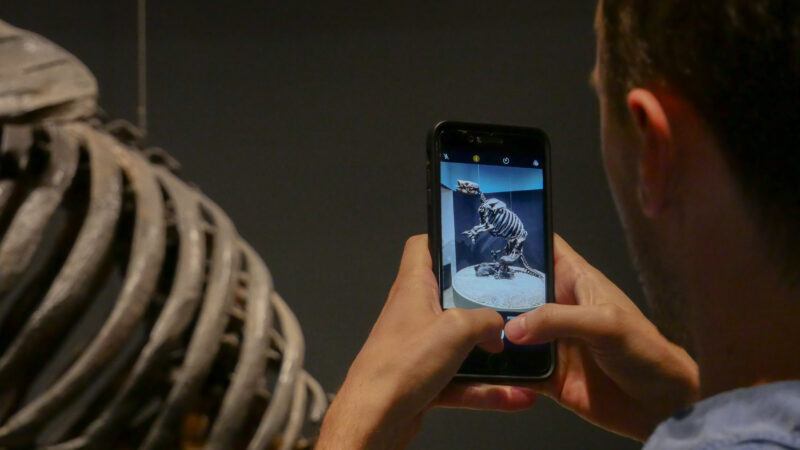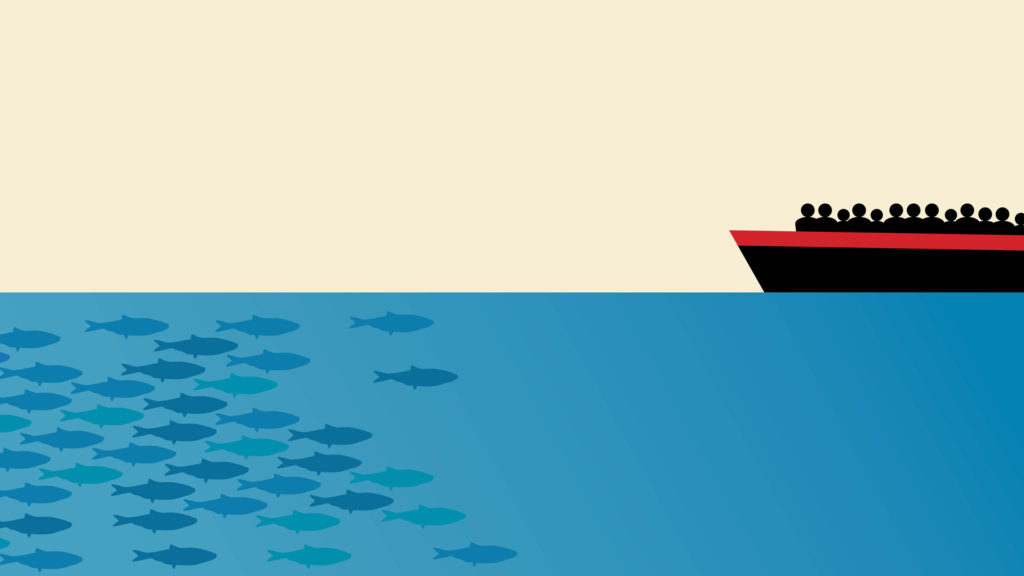
Life on the Move | A New Home, The Effects of Migration
2018 Fall Lecture Series
-
La Brea Tar Pits and Museum
Life on the Move Lecture Series
All plants and animals, including humans, move during their lifetimes, but some take truly harrowing or magnificent journeys to new lands and habitats. This Fall, the La Brea Tar Pits and Museum will join the UCLA Institute of the Environment and Sustainability to produce a three-night conversation between the people of Los Angeles and the leading experts on migration. Looking across species and time, we strip away politics and nation-state boundaries to discover the causes and outcomes of migration for all life forms.
Second of Three Lectures – A New Home, The Effects of Migration
What happened after humans crossed from Asia and arrived in North America? Do non-native species like Eucalyptus trees, wild boars, and Argentine blend in or wreak havoc? Plants, animals, and people have always traveled the globe; the intermingling of minds and molecules has changed landscapes and culture throughout history, and it changes our world today. Tonight we’ll take a closer look at what happens when new species show up on the scene.
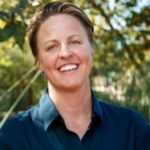 Amy Gusick
Amy Gusick
Dr. Amy E. Gusick is the Associate Curator for Archaeology at the Natural History Museum of Los Angeles County. She earned a Master’s degree in 2007 and Ph.D. in 2012 from the Archaeology program of UC Santa Barbara. Prior to her current positon, she was an Assistant Professor and the Director of the Graduate Program in Applied Archaeology at California State University, San Bernardino and was an archaeologist with the Channel Islands National Park. Dr. Gusick is an environmental archaeologist who focuses on island and coastal archaeology, human-environmental dynamics, the development of maritime societies, peopling of the Americas, and hunter-gatherer subsistence and settlement. Her current research projects on early human coastal migration and settlement and the effect of environmental stress on Late Pleistocene and Early Holocene human groups is focused on the Northern Pacific Rim, particularly on the Channel Islands off California.
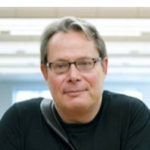 Peter Kareiva
Peter Kareiva
Kareiva studied political science and zoology at Duke University for his bachelor’s degree and ecology and applied mathematics at Cornell University for his Ph.D. He is the author of more than 150 scientific publications and author or editor of eight books, including a textbook on conservation science. His most recent book (2017), Effective Conservation Science: Data not Dogma challenges conservationists to question received wisdom, and look to their data for surprises and new ideas that could be key to sustaining biodiversity.
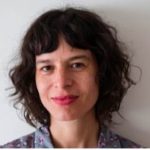 Ruxandra Guidi (moderator)
Ruxandra Guidi (moderator)
Ruxandra Guidi is a native of Caracas, Venezuela, is an independent storyteller with almost two decades of experience in public radio, magazines, and multimedia. She has reported news throughout the United States, the Caribbean, South and Central America, as well as Mexico and the U.S.-Mexico border region. She’s worked as a reporter, editor, and producer for NPR’s Latino USA, the BBC daily news program, The World, the CPB-funded Fronteras Desk in San Diego-Tijuana, and KPCC Public Radio’s immigration beat in Los Angeles. For more than ten years, she has been collaborating regularly with her husband, photographer Bear Guerra, under the name Fonografia Collective. Currently, the pair is developing a storytelling project about the site of a future park in Los Angeles, in collaboration with Clockshop, a local arts organization, and California State Parks.

